
The new international (dis)order
2/10/2025 - New Eastern Europe
Russia’s ongoing aggression against Ukraine represents a decisive failure of the rules-based international order. As the world drifts further towards the idea of might makes right, a rejuvenation of the rule of law is sorely needed. Without this, we will only see a repeat of past mistakes.
{"OriginalLangauges":1,"ContentItemLangauges":1,"ContentItemTranslations":21}{"language_codes":["en"]}
Lithuanian foreign policy: new position or new direction?
2/7/2025 - New Eastern Europe
A change of government not only brings along new faces, but also novel solutions. Last year’s presidential and parliamentary elections in Lithuania showed the people’s will to transfer responsibility for foreign policy to President Gitanas Nausėda and his people. Does this mean a shift to another position or will it ensure the continuity of the country’s current direction?
{"OriginalLangauges":1,"ContentItemLangauges":1,"ContentItemTranslations":21}{"language_codes":["en"]}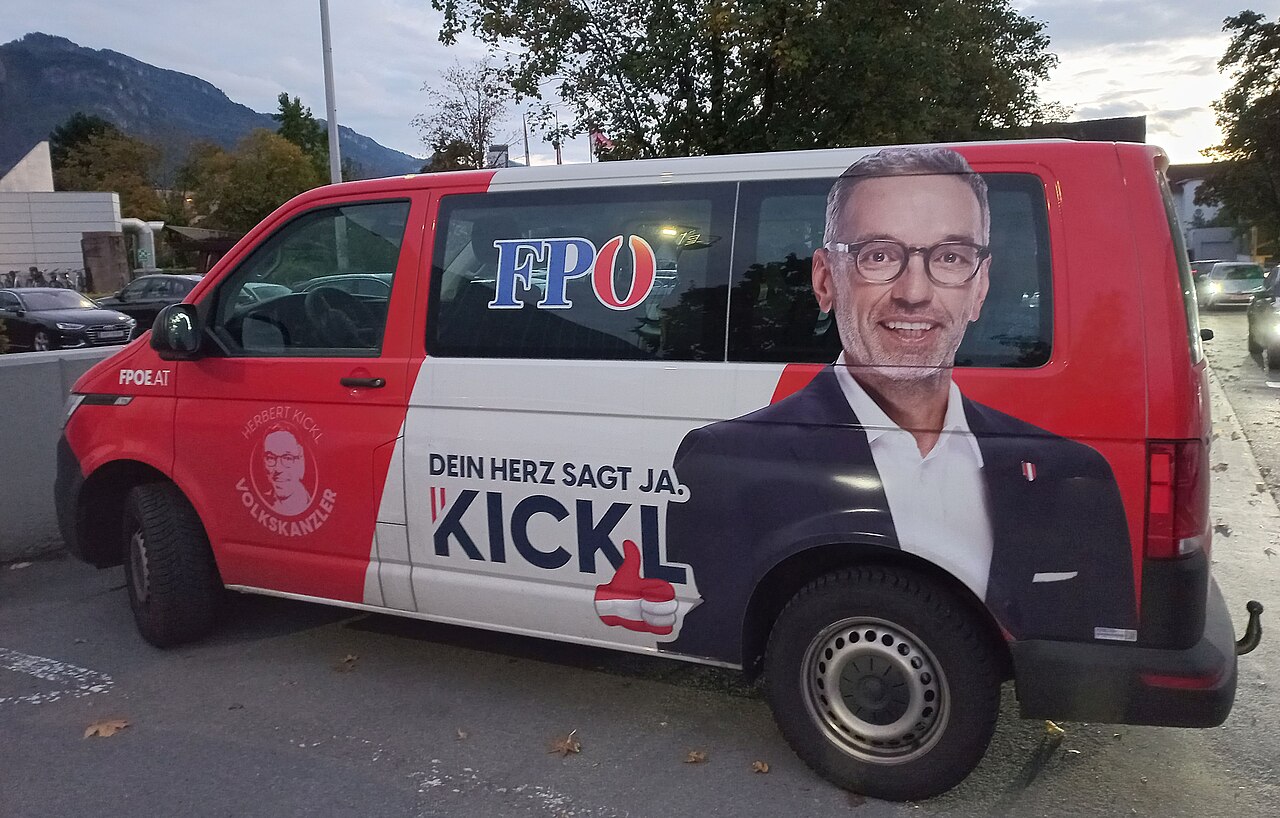
Austria’s drift toward isolation: Kickl’s Russia ties and the risk of following Hungary’s lead in the war
2/6/2025 - New Eastern Europe
Last year’s parliamentary elections in Austria led to the first-ever victory of the far-right Freedom Party. As its leader Herbert Kickl looks set to become chancellor, the party’s extensive ties to Russia are more relevant than ever.
{"OriginalLangauges":1,"ContentItemLangauges":1,"ContentItemTranslations":21}{"language_codes":["en"]}
Cultural trauma and European identity in Georgia and Armenia
2/4/2025 - New Eastern Europe
Tbilisi and Yerevan’s attempts to move closer to bodies like the EU and NATO are by no means a modern phenomenon. Sharing a rich cultural heritage closely tied to the continent, both Georgia and Armenia have been forced to adapt to numerous outside attempts to sever this link to Europe.
{"OriginalLangauges":1,"ContentItemLangauges":1,"ContentItemTranslations":21}{"language_codes":["en"]}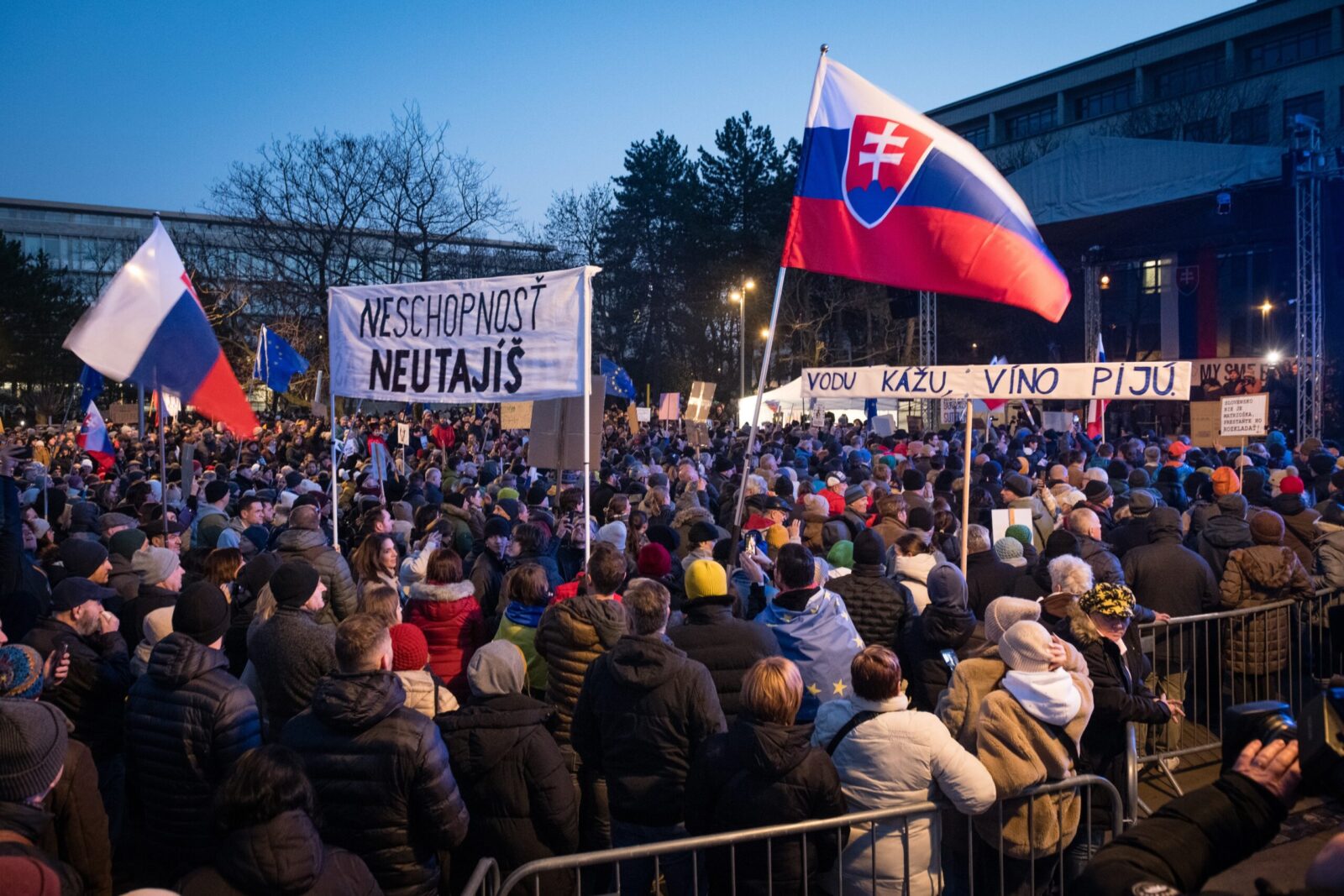
We need to fight for democracy in Slovakia once more
2/3/2025 - New Eastern Europe
Interview with Samuel Marec, a Slovak translator, publicist and writer. Interviewer: Nikodem Szczygłowski.
{"OriginalLangauges":1,"ContentItemLangauges":1,"ContentItemTranslations":21}{"language_codes":["en"]}
Navalny: a patriot and an imperialist
1/30/2025 - New Eastern Europe
Alexei Navalny is still remembered best for his pro-democracy activities in Russia. Despite this, the activist also maintained a troubling loyalty to many aspects of Russian imperialism. A democratic future for the country will only be possible when such issues are confronted head on.
{"OriginalLangauges":1,"ContentItemLangauges":1,"ContentItemTranslations":21}{"language_codes":["en"]}
Serbian students in the fight against the authoritarian regime
1/29/2025 - New Eastern Europe
Serbia is currently experiencing a wave of protests following the death of 15 people in Novi Sad. The collapse of a canopy at the city’s railway station has led students to take to the streets across the country to fight for a better future.
{"OriginalLangauges":1,"ContentItemLangauges":1,"ContentItemTranslations":21}{"language_codes":["en"]}
Russia as the “weakest link” in the international order at the beginning and end of the 20th century? – a comparative analysis
1/28/2025 - New Eastern Europe
There has been a lot of debate over whether or not recent Russian history has been somewhat cyclical in nature. Successive collapses in the 20th century offer potential insights into the Kremlin’s behaviour today.
{"OriginalLangauges":1,"ContentItemLangauges":1,"ContentItemTranslations":21}{"language_codes":["en"]}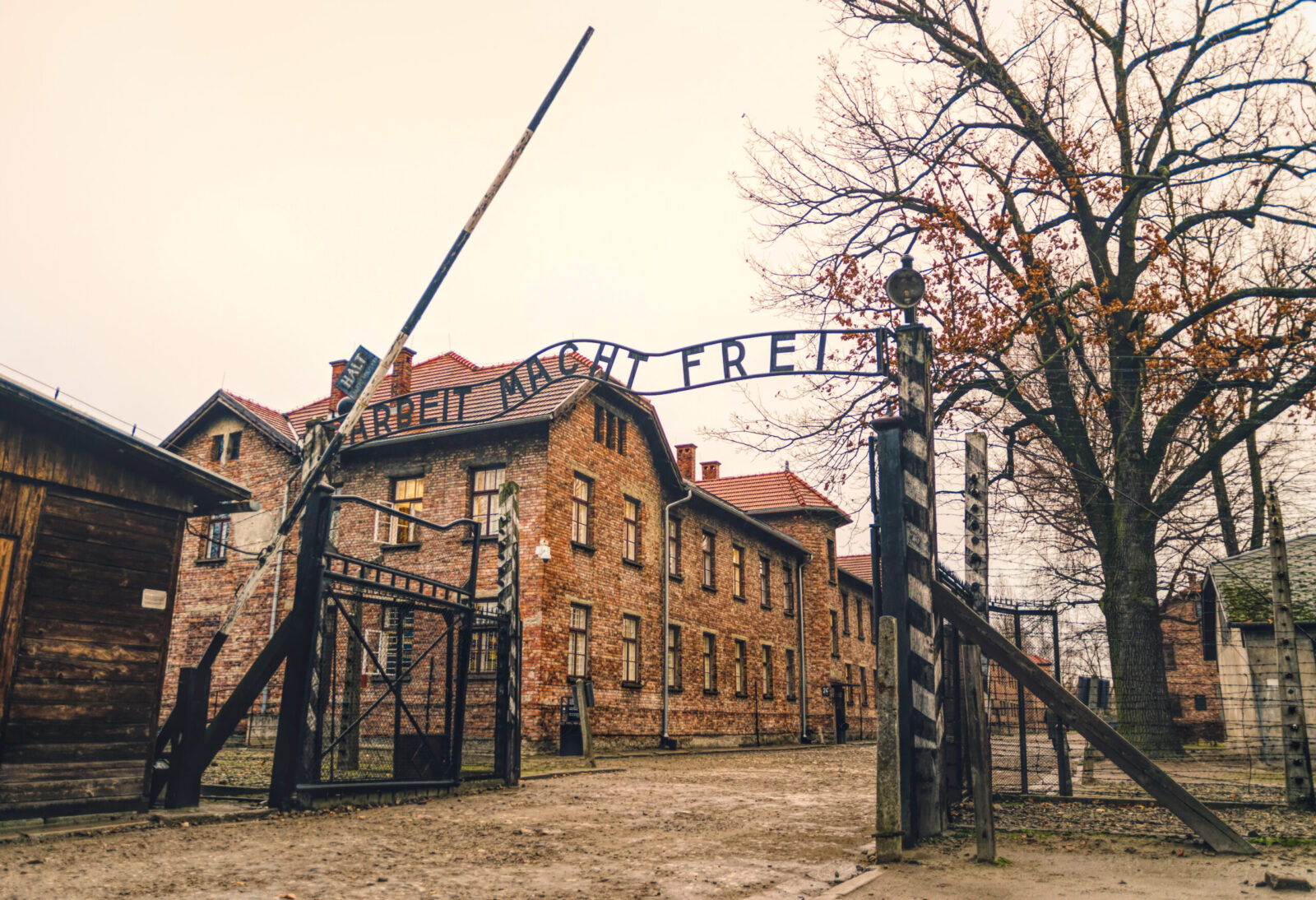
Auschwitz-Birkenau. Death at a wave of a finger
1/27/2025 - New Eastern Europe
As the years pass, the last witnesses to the nightmare of Auschwitz-Birkenau, the death factory where more than a million Jews from all over Europe were exterminated, are passing away. What remains is the camp itself, and the objects within it that allow historians and conservationists to learn the stories of individuals. Their stories not only help to understand the tragedy of the victims who were exterminated here, but add a human, personal dimension to these memories.
{"OriginalLangauges":1,"ContentItemLangauges":1,"ContentItemTranslations":21}{"language_codes":["en"]}
Why India must distance itself from Lukashenka’s Belarus
1/24/2025 - New Eastern Europe
In addition to being bought and paid for by the Kremlin, the embattled Belarusian dictator is becoming dangerously beholden to China. An opportunity now exists for India to actively distance itself from Minsk.
{"OriginalLangauges":1,"ContentItemLangauges":1,"ContentItemTranslations":21}{"language_codes":["en"]}
How Moscow and its allies are undermining the non-proliferation regime
1/23/2025 - New Eastern Europe
The Russo-Ukrainian War’s global repercussions increasingly subvert the foundations of the international nuclear order.
{"OriginalLangauges":1,"ContentItemLangauges":1,"ContentItemTranslations":21}{"language_codes":["en"]}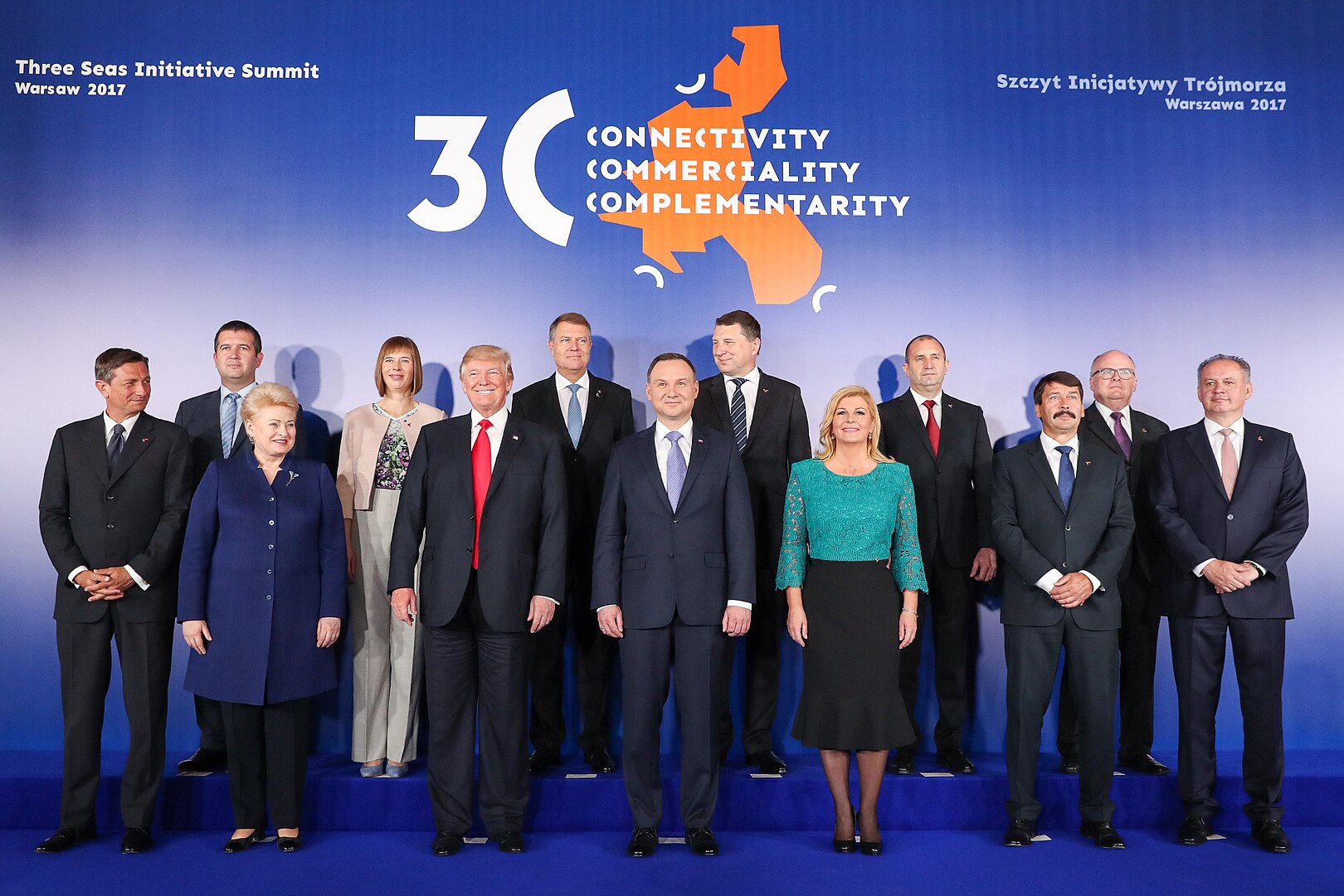
The Three Seas Initiative in Europe facing Trump’s return: a calm or a storm?
1/22/2025 - New Eastern Europe
Europe is anxiously watching as Trump assumes power, leaving the continent’s future uncertain. Given his first term’s reluctance to engage in multilateral relations, a close partnership with the EU seems improbable. Yet, Trump might provide wider support for regional frameworks like the Three Seas Initiative, which has recently gained significant momentum.
{"OriginalLangauges":1,"ContentItemLangauges":1,"ContentItemTranslations":21}{"language_codes":["en"]}
A tribunal for Russia's leadership?
1/20/2025 - New Eastern Europe
At a time when Ukraine has been bleeding for three years as a result of Russia's brutal aggression, there is one thing that the victims of Russia's daily atrocities desperately need the most – justice.
{"OriginalLangauges":1,"ContentItemLangauges":1,"ContentItemTranslations":21}{"language_codes":["en"]}
The 2025 Belarusian presidential elections
1/17/2025 - New Eastern Europe
The upcoming presidential election in Belarus will help give an indication as to the strength of Lukashenka’s grip on the country. While it is clear who will come out on top in the rigged vote, a level of dissent could once again be expressed by an opposition brought to life by the last race five years ago.
{"OriginalLangauges":1,"ContentItemLangauges":1,"ContentItemTranslations":21}{"language_codes":["en"]}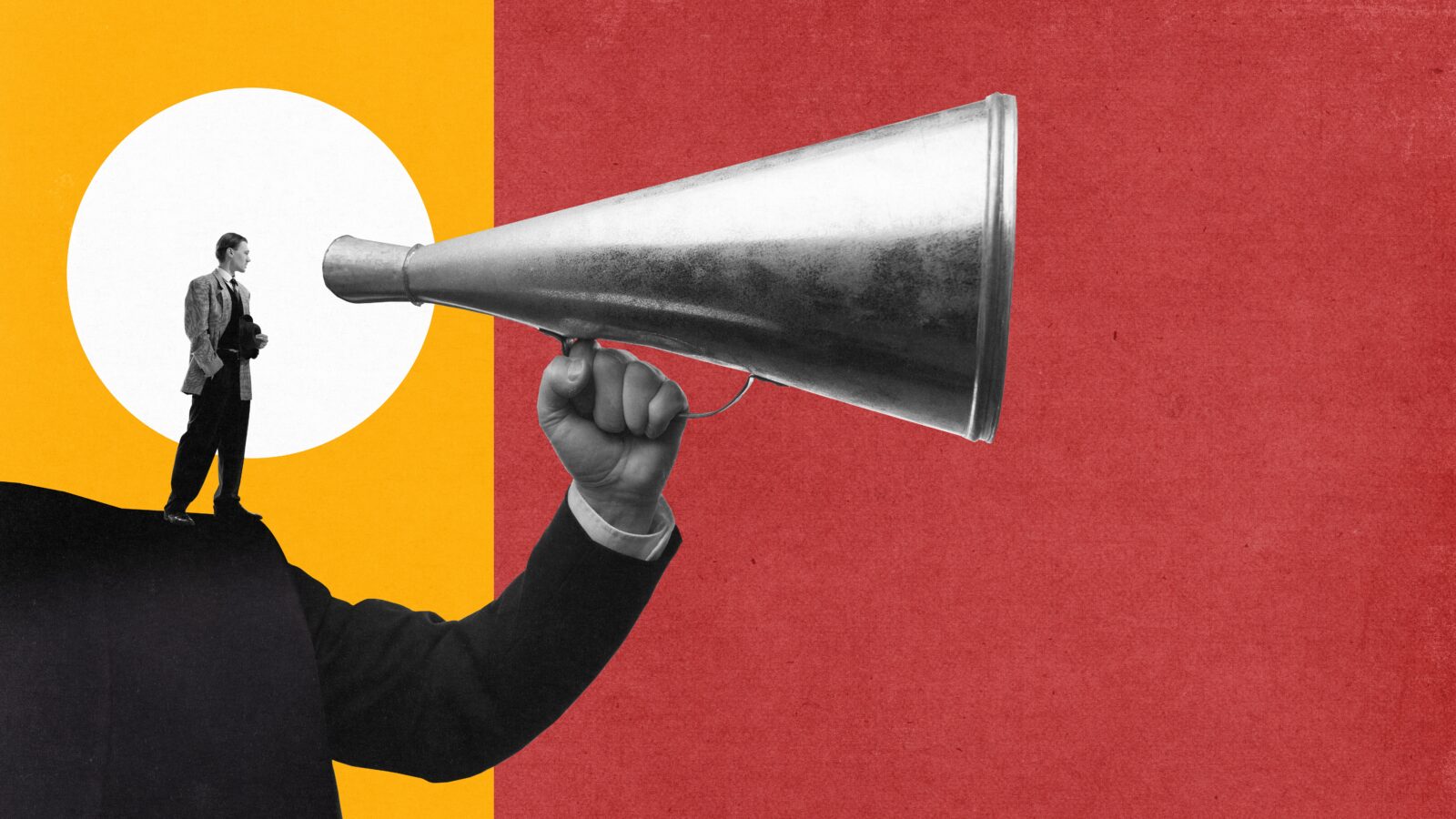
Countering FIMI. A review of seven countries under the Beacon Project
1/15/2025 - New Eastern Europe
Last year, the International Republican Institute’s (IRI) Beacon Project did a comprehensive study to understand foreign information manipulation and interference in various European countries (as well as Taiwan). The results show different approaches, but also common lessons that can and should be applied to strengthen democratic resilience against growing these increasing threats.
{"OriginalLangauges":1,"ContentItemLangauges":1,"ContentItemTranslations":21}{"language_codes":["en"]}
China's Choice: balancing economic priorities and geopolitical manoeuvres in a Sino-Russian alliance
1/14/2025 - New Eastern Europe
China’s support for Russia remains a key part of calculations regarding the war in Ukraine. In spite of Beijing’s appearance as a growing superpower, its economy is still dependent on links with many countries that have fully backed Kyiv in its fight.
{"OriginalLangauges":1,"ContentItemLangauges":1,"ContentItemTranslations":21}{"language_codes":["en"]}
Serbia’s shrinking civic space needs international attention
1/13/2025 - New Eastern Europe
In recent months, Serbia has witnessed an alarming crackdown on its civic space. This has unfolded through a wave of arrests, smear campaigns, and repressive tactics aimed at silencing dissent and undermining democratic principles. These actions, exacerbated by growing Russian and Chinese influence, reveal a systematic effort of Serbia’s authorities to suppress civil society and stifle public dissent.
{"OriginalLangauges":1,"ContentItemLangauges":1,"ContentItemTranslations":21}{"language_codes":["en"]}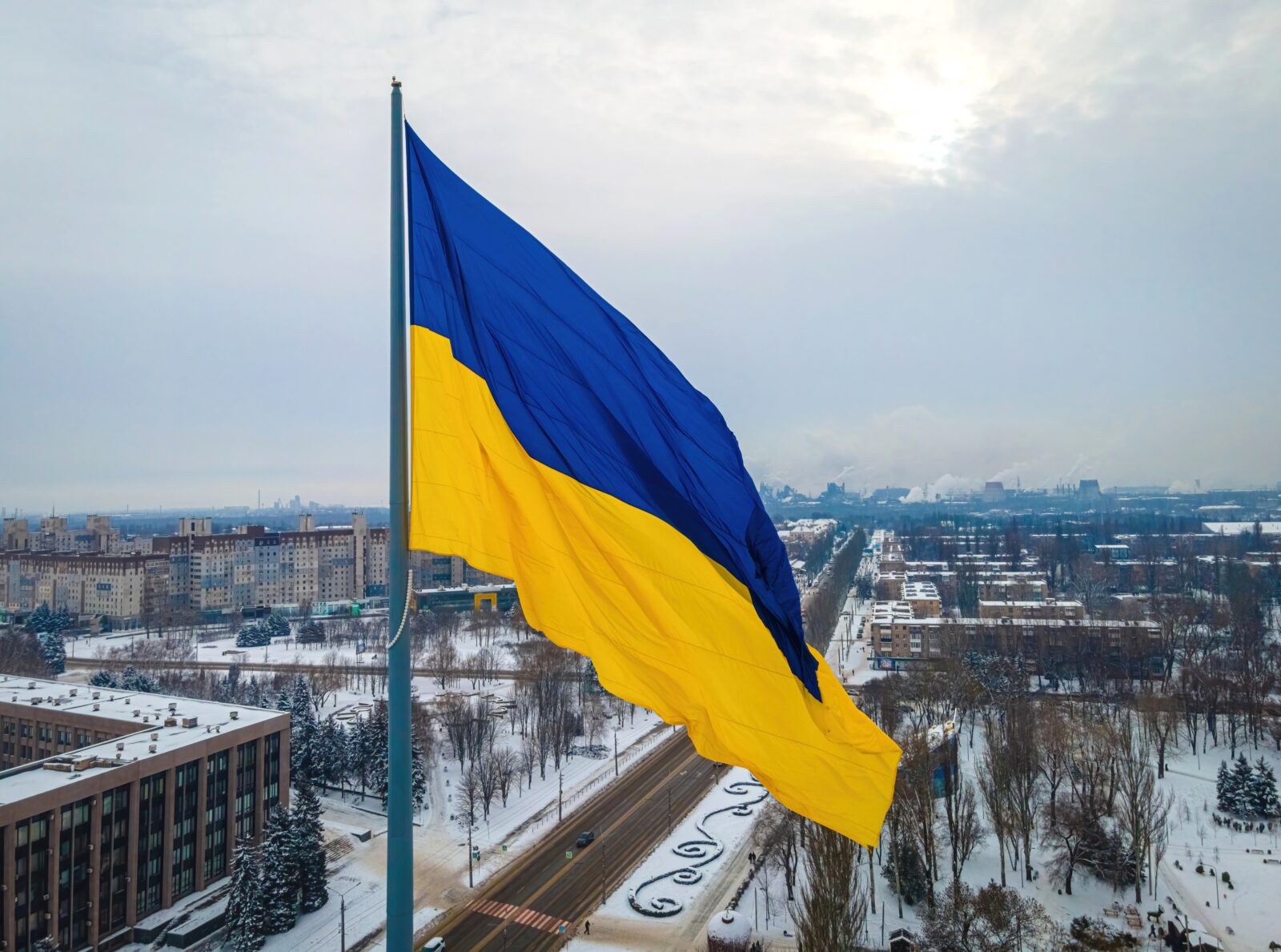
Do not appease evil
1/10/2025 - New Eastern Europe
An open appeal by Ukrainian public figures to world leaders and the international community.
{"OriginalLangauges":1,"ContentItemLangauges":1,"ContentItemTranslations":21}{"language_codes":["en"]}
How to convey a war: a review of Oleksandr Mykhed’s The Language of War
1/7/2025 - New Eastern Europe
Ukraine’s continued resistance against Russian aggression is also clear in the field of literature. While many writers now serve in the military, others are making a contribution through their continued engagement with writing. Oleksandr Mykhed’s new book offers a vivid insight into this development that is helping to document the nation’s struggle for freedom.
{"OriginalLangauges":1,"ContentItemLangauges":1,"ContentItemTranslations":21}{"language_codes":["en"]}
EU fiscal rules are slowing down Lithuania funding its defences against Russia
1/3/2025 - New Eastern Europe
Baltic countries like Lithuania want to spend more money on defence to help counter the Russian threat, but the European Union’s strict spending laws are standing in the way.
{"OriginalLangauges":1,"ContentItemLangauges":1,"ContentItemTranslations":21}{"language_codes":["en"]}
“Putin respects strength and exploits weakness”
12/23/2024 - New Eastern Europe
Interview with Gerlinde Niehus, an independent NATO and international security expert and author. Interviewer: Aureliusz M. Pędziwol.
{"OriginalLangauges":1,"ContentItemLangauges":1,"ContentItemTranslations":21}{"language_codes":["en"]}
“Serbs suffer from some kind of eternal victim syndrome”
12/22/2024 - New Eastern Europe
Interview with Ivan Milenković, Serbian philosopher and literary scholar. Interviewers: Iwona Reichardt and Nikodem Szczygłowski.
{"OriginalLangauges":1,"ContentItemLangauges":1,"ContentItemTranslations":21}{"language_codes":["en"]}
Serbia: the construction accident that triggered nationwide protests
12/21/2024 - New Eastern Europe
The construction disaster at the railway station in Novi Sad is much more than a tragic accident. It is a symbol of the incompetence and corruption of the current regime in Serbia. This undermines the main elements of government propaganda, which state that infrastructure investment will bring prosperity to the society.
{"OriginalLangauges":1,"ContentItemLangauges":1,"ContentItemTranslations":21}{"language_codes":["en"]}
Polish-Russian relations: a Cold War of gestures and new lows
12/20/2024 - New Eastern Europe
It would be fair to say that relations between Poland and Russia have reached a new low in recent years. Moscow’s invasion of Ukraine ended any semblance of normality between the two states, which are now engaged in what could be described as a new Cold War.
{"OriginalLangauges":1,"ContentItemLangauges":1,"ContentItemTranslations":21}{"language_codes":["en"]}
For your freedom and ours: Georgia at the edge of the abyss
12/20/2024 - New Eastern Europe
An open letter and call for action and solidarity with the Georgian people
{"OriginalLangauges":1,"ContentItemLangauges":1,"ContentItemTranslations":21}{"language_codes":["en"]}